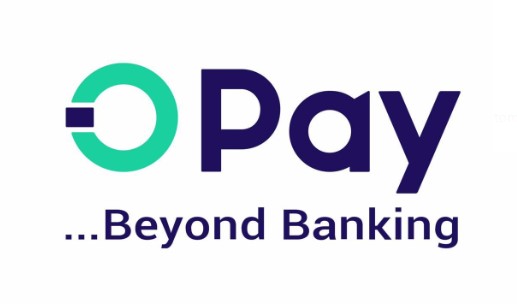Leading financial technology firm, OPay has rolled out an enhanced security question feature to strengthen user account protection against fraud and unauthorised access.
According to the company, the improved feature is part of its commitment to safeguarding customers, especially during high-risk transactions such as resetting payment passwords, changing phone numbers, or confirming sensitive actions.
The updated system, previously taken offline for upgrades, now features a smarter and more dynamic design. It prompts users to answer pre-set security questions using either multiple-choice or fill-in-the-blank formats, depending on the transaction’s nature and risk level.
OPay noted that the new system is intuitive and adaptive, improving the user experience while keeping malicious actors out. So far, over one million users have reportedly set up their personalised security questions.
The security questions work in tandem with other intelligent protective measures on the platform. These include abnormal transaction alerts, multi-channel notifications, interactive Q&A for suspicious payments, and AI-powered call-back verification. The company said its system helps prevent tens of thousands of risky transactions daily.
“Over 60,000 users receive targeted risk notifications every day, while our AI-powered call-back system discourages up to 8,000 fraudulent transactions daily,” OPay stated.
Additionally, the security upgrade complements the platform’s facial recognition technology, which is currently used by over 700,000 users daily for identity verification and Know Your Customer compliance.
OPay encouraged users to update their security questions via the app, describing it as a simple step that can make a significant difference in protecting accounts.
“Security is never just one thing. It’s a full suite of features working together to keep you safe,” the company added.
The PUNCH reported that OPay introduced its innovative Large Transaction Shield feature, designed to offer users greater control and security over their funds.















